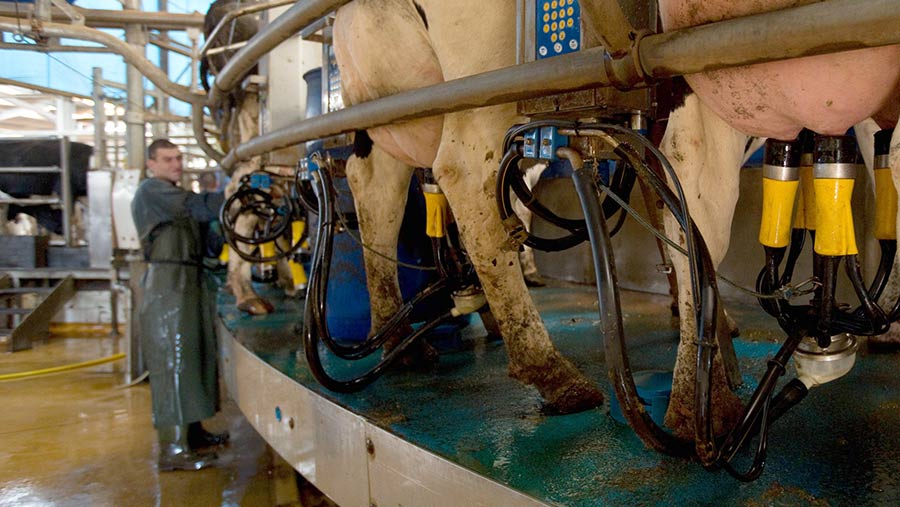7 expert tips for employing staff and staying legal
 © Ingram Image
© Ingram Image One area of staff management often overlooked is the importance of basic administration and personnel files.
In our latest article on staff management, Paul Harris offers seven quick tips to help you ensure you have the right legal documents and essential records to help you run your team more effectively and stay on the right side of employment law.
See also: What skills to look for when recruiting farm staff
1. Job descriptions
Every role should have a written job description which includes job title, reporting lines and key tasks.
Often, family members and business owners believe this doesn’t apply to them, creating confusion and blurred reporting lines for staff.
Define clear roles and responsibilities for everyone and your team will run more smoothly and work more effectively.
2. Person specification
Along with a job description, a Person Specification is an essential document in the recruitment process.
This states the key skills, experience and attributes that you need to find in a new employee or worker, and whether those skills and attributes are essential or simply desirable.
Then, when recruiting, you know “who” you’re looking for in addition to “what” they will need to do.
3. Personality profile
Using personality profiling ahead of an interview means you can compare the candidates’ style with those in your team. Employees often fail when relationships fail.
Profiling prospective new candidates will give you the best chance of finding the right person to fit into your team.
4. Employment contract
This is the key legal document you need to get right, so do seek advice or check with your HR professional that your contracts are up to date and legal.

© Tim Scrivener
Be careful what you put into a contract. Many procedures and policies can be referred to rather than included, which avoids having to update contracts each time you change or introduce a policy.
Remember that an absence of a written contract doesn’t mean an employee has no rights. The moment they accept a job from you, there is a binding contract between you.
5. Personal reviews
It is essential that you keep records of when reviews took place and the details or notes taken, in case you need to refer to performance or actions you agreed.
6. Training records
Keep a detailed record for each worker, giving details of experience, skills and qualifications gained before and since joining the organisation. This will provide the basis for assessing individual training and development needs.
Tips 1-6 are best practice and will help you work towards becoming an employer of choice. Tip 7 outlines some of your statutory obligations.
7. Records required by law
- Tax and national insurance details.
- Individual hours worked to enable averaging over a period to meet the requirements of the Working Time Regulations 1998 (amended 2007).
- Holidays.
- Pay, to ensure the requirements of the Minimum Wage Act 1998 are being met, and to meet the statutory requirement that workers are issued with pay statements.
- Paid sick leave (more than four days) and Statutory Sick Pay.
- Accidents, injuries, diseases and dangerous occurrences. The Health and Safety Executive (HSE) can advise organisations on requirements and necessary assessments.
Remember, much of the information in a personnel file is covered by the EU General Data Protection Regulation (GDPR) as defined in the Data Protection Act 2018, so get professional advice on how you should store your information and manage your HR processes.
Paul Harris is the managing director of Real Success – a people consultancy that helps the agricultural sector to improve staff management. A regular speaker at industry events, Paul is widely recognised as a thought leader and positive advocate of staff development in the agricultural sector.
